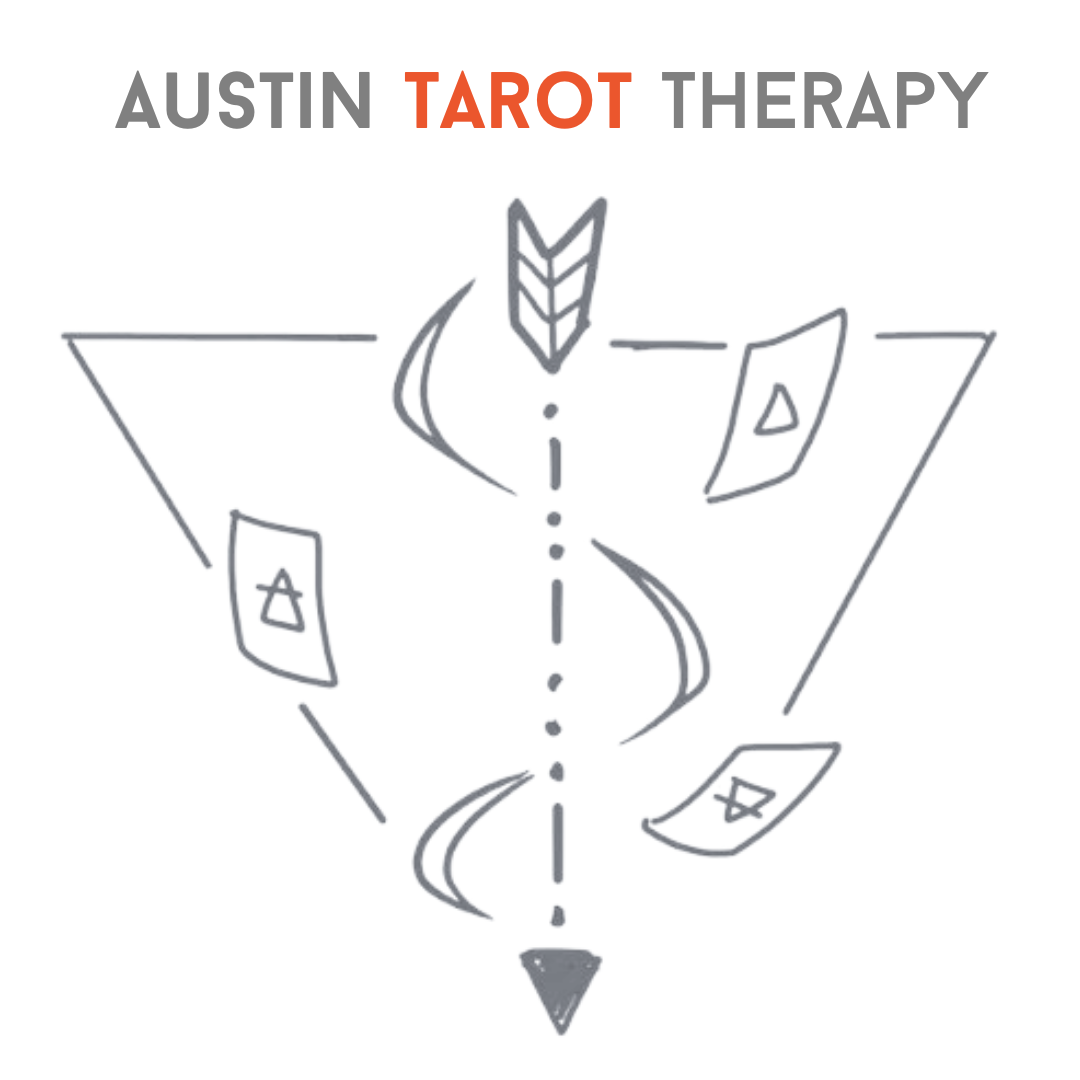How To Lean In Without Giving In
Leaning In Without Getting Lost
We’re told to lean in.
Lean into our emotions. Feel the feels.
But here’s the question: how do we lean into difficult emotions without getting swallowed by them? How do we honor sadness, fear, or anger without becoming consumed by negativity?
The Paradox of Emotional Tools
When uncomfortable emotions arise, most of us reach for tools we’ve learned in therapy or self-help: breathwork, counting, journaling, exercise, even pulling a tarot card to help us sort through the fog.
These are wonderful practices—powerful ways to support ourselves. But sometimes, when they don’t “work,” we end up feeling worse.
I breathed. I pulled a card. I stretched. So why am I still angry?
This is where frustration sets in: we expect the tool to erase the feeling, when really the purpose is not to erase but to witness.
Feelings Are Not Identity
Here’s the subtle but profound shift:
You feel anger, but you are not an angry person.
You feel sadness, but you are not a sad person.
Emotions are weather, not identity. They pass through. Labeling ourselves by what we feel ties us to the storm instead of allowing us to watch it roll by.
Your emotions are valid. None are inherently “bad.” The only harm that arises from “bad” emotions is when they drive harmful behavior. Regulating our nervous systems helps us respond in ways that reduce harm—both to ourselves and to others.
Becoming the Witness
One way to practice this is to imagine yourself as both actor and audience. Picture your life as a film: you, on the screen, moving through fear, grief, or frustration. From the audience seat, you can empathize with your character. You can see their humanity. And you can be curious instead of judgmental.
Curiosity allows space: Why am I feeling this way? What truth is hiding underneath?
For me, the realization often comes that I’m overwhelmed, stretched too thin, or neglecting simple joys—like sitting in the park with my dog. Life’s reminders of impermanence, through death or decline, sharpen this truth: nothing stays the same.
As Ferris Bueller put it: “Life moves pretty fast. If you don’t stop and look around once in a while, you could miss it.”
The Wisdom of the Present
Acceptance doesn’t dwell in the past or anticipate the future. The past breeds resentment. The future breeds anxiety.
But in the present, acceptance gives us freedom to act.
When I accept that I feel overwhelmed right now, I’m no longer trapped in resentment or fear. I can respond. I can choose.
In a Nutshell
You feel emotions, but you are not your emotions.
Living in the past grows regret. Living in the future grows anxiety.
Stay present. Stay curious. Stay the witness.
That is what it means to lean in—without getting lost.


